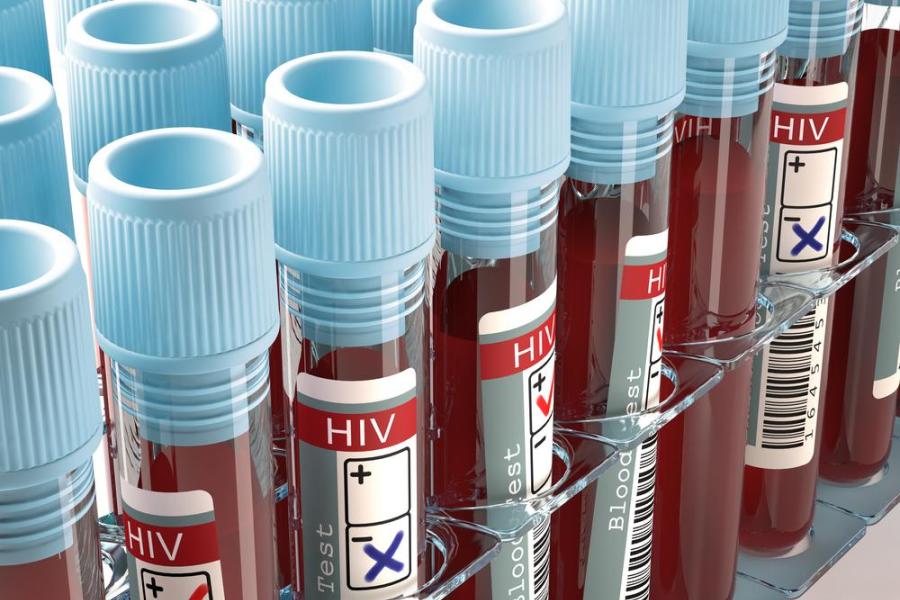
Diagnosis of HIV
There are multiple diagnostic tests available to detect HIV/AIDS. The traditional test was not sensitive enough to detect the infection at the early stage, but newer variants are able to. Older testing took up to 3-6 months after exposure to test positive, newer methods can detect the virus in 3 weeks to 3 months.
Understanding HIV testing
Apart from government health centres, there are lots of organisations working to control the spread of HIV and have free test centres available. These centres are sensitive to your privacy and all testing will be done with the concept of confidentiality.
The HIV counselor will guide you through the HIV testing process and explain the possible implications of the test results. The test results cannot be declared to anyone unless you authorise them to release the results.
There are HIV test kits available for self-testing at home, however, it is advised that the interpretation of the result should be done by an expert only.
Other situations when the HIV testing should be done are as follows:
- Before donating a blood
- Sperm donation for artificial insemination
- Before donating any organs for transplantation
- Adoption of a child
It is very important to understand that HIV test may be negative during initial weeks of the infection. Similarly, the test may show negative results in an advanced stage of the diseases as the ability of the body to produce antibodies against the infection is reduced. These are called false negatives.
If you are having any risk factors for HIV, you should speak with a counselor on methods to remove your risk. If you think you may have been exposed to HIV or are experiencing any of the signs and symptoms listed above, it is important to consult a doctor and seek to test.
HIV Screening
The standard HIV-screening test called the ELISA uses a sample of the patient’s blood to detect the virus. Either a drop of blood via finger-stick or blood collected from the vein is utilised.
Confirmation
A positive ELISA must always be confirmed with a western blot test. The western blot detects the presence of an antibody against HIV virus in the blood.
Results
The test has both false-positive and false negative chances. If the test was positive additional testing will be performed to determine the degree of immunosuppression and need for immediate medical therapy. If the test was negative and conducted within the window period of infection, a repeat test may be ordered after the initial 3 months post exposure.




